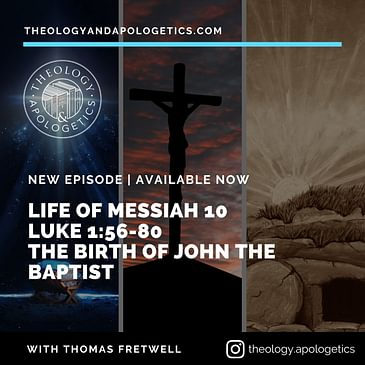In this episode: Jesus, Yeshua, Angel, birth of Christ, law of purification, 40 days, dedication of firstborn, redemption price, Temple, Simeon, light to the gentiles, consolation of Israel, Adoniram Judson, Burma, Anna the prophetess, blessing, life dedicated to the Lord Become a supporter and get ...

